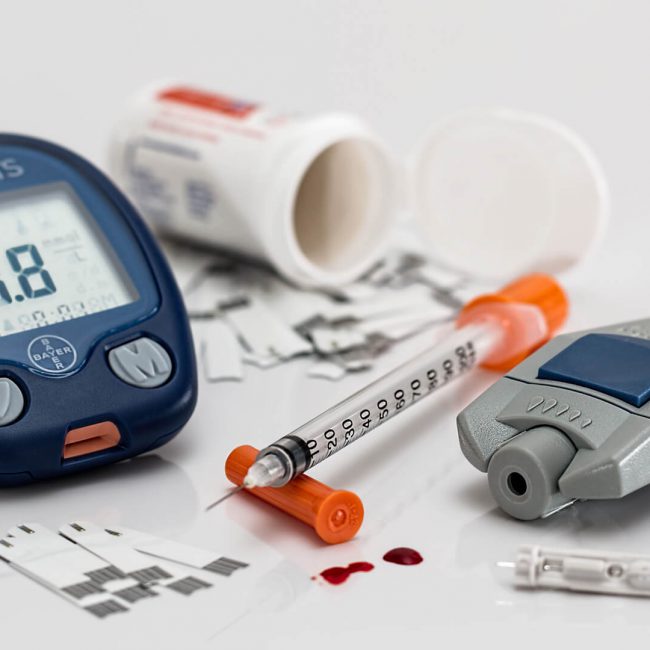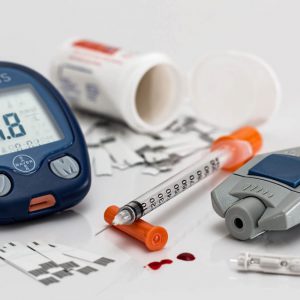Luteinizing hormone (LH) is an important hormone both men and women produce. This hormone is known as a gonadotropin, and it affects the sex organs in both men and women. For women, it affects ovaries, and in men, it affects the testes. LH plays a role in puberty, menstruation, and fertility.
A doctor may order an LH blood test when a woman is having difficulty getting pregnant, a woman has irregular or absent menstrual periods, it’s suspected that a woman has entered menopause, a man has signs of low testosterone levels, such as low muscle mass or decrease in sex drive, a pituitary disorder is suspected, and if a boy or girl appears to be entering puberty too late or too soon.
Normal LH blood levels are:
women in the follicular phase of the menstrual cycle: 1.9 to 12.5 IU/L
women at the peak of the menstrual cycle: 8.7 to 76.3 IU/L
women in the luteal phase of the menstrual cycle: 0.5 to 16.9 IU/L
pregnant women: less than 1.5 IU/L
women past menopause: 15.9 to 54.0 IU/L
women using contraceptives: 0.7 to 5.6 IU/L
men between the ages of 20 and 70: 0.7 to 7.9 IU/L
men over 70: 3.1 to 34.0 IU/L



